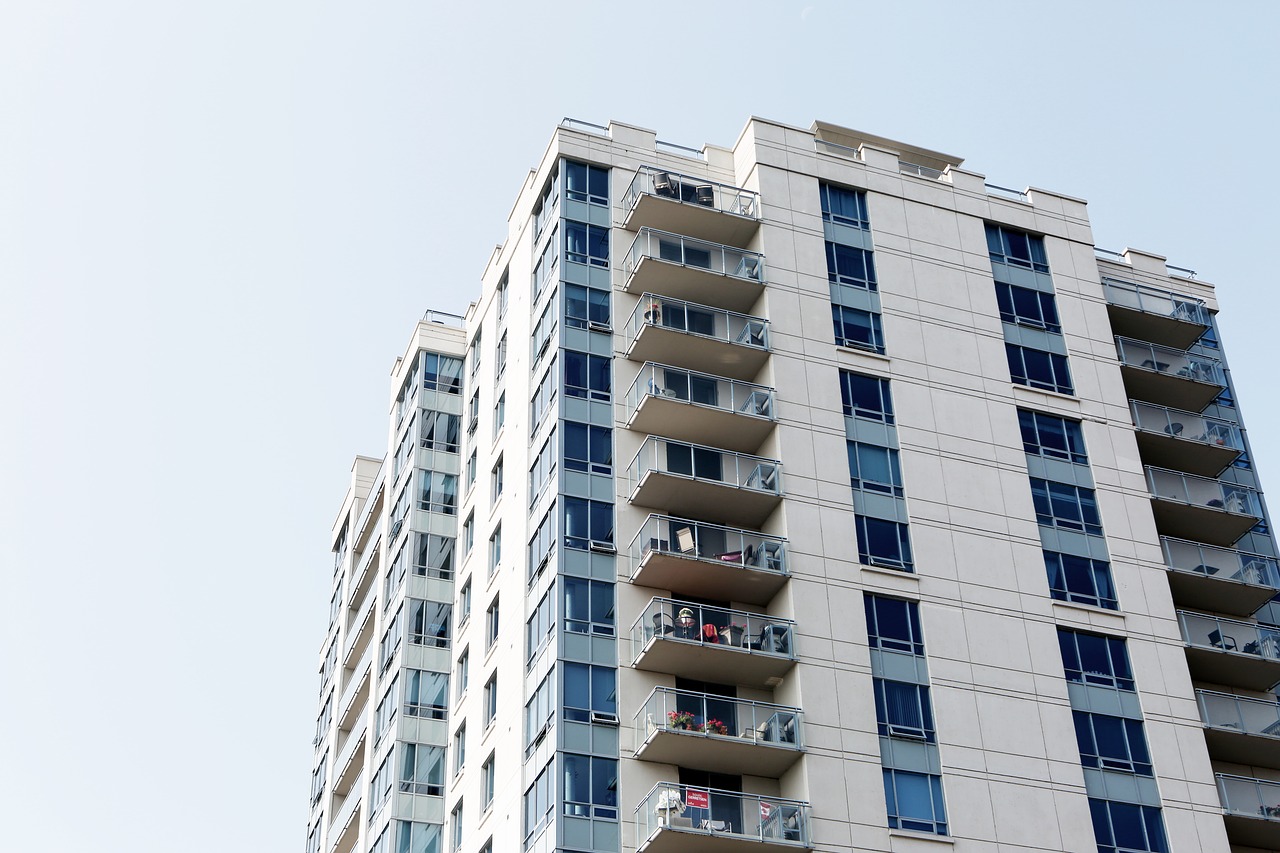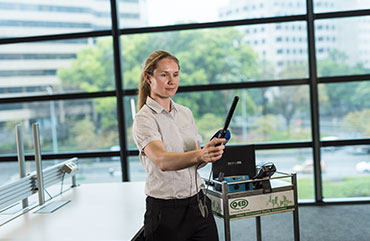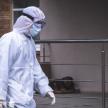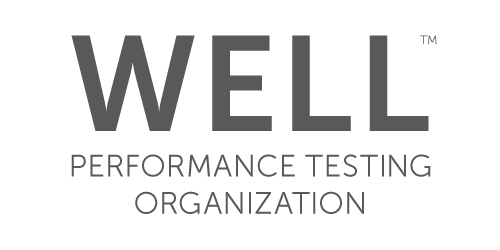
30th
NSW Ban on Certain ACP's
The Commissioner for Fair Trading gave notice of her intention to impose a building product use ban to prohibit the use of aluminium composite panels this month.
The ban will apply to ACP’s with a core comprised of greater than 30 per cent polyethylene (PE) by mass.
Any external cladding, external wall, external insulation, façade or rendered finish in buildings with the following classification will be covered by the ban:
- Type A construction as defined in the Building Code of Australia:
- Class 2, 3 and 9 buildings with a rise in storeys of three or more
- Class 5, 6, 7 and 8 buildings with a rise in storeys of four or more
- Type B construction as defined in the Building Code of Australia:
- Class 2, 3 and 9 buildings with a rise in storeys of two or more
- Class 5, 6, 7 and 8 buildings with a rise in storeys of three or more
It is interesting to note, the ban applies even if the building product was used in a building before the ban was made.
Under the Building Products (Safety) Act 2017, it is an offence for a person to cause a building product to be used in a building in contravention of a building product use ban. Any person or corporation who does not comply with the requirements of the ban can be subject to fines. A corporation found to be using a banned building product can be fined up to $1.1 million and individuals can be fined up to $220,000.
QED Environmental Services provides testing services for facades on new or existing buildings, whether the façade is fitted from inception or retrofitted.

To learn more about how QED can test ACP's click here
More information is also available at the NSW Fair Trading Website
Categories
Recent Posts
Navigating the GRESB 2024 Updates: Key Changes and Implications
26th Nov
GRESB’s 2024 Real Estate Assessment introduced significant changes, refining how ESG performance is measured and reported. These updates a...
Trichloramine and Indoor Air Quality in Swimming Pools
05th Nov
For swimmers and pool workers alike, the characteristic "chlorine smell" at indoor swimming pools is part of the experience. Howev...
Indoor Air Quality Takes Centre Stage: A New Government Report on Airborne Virus Transmission
30th Sep
The importance of Indoor Air Quality (IAQ) has gained significant attention following the release of a groundbreaking report from Australia�...

















